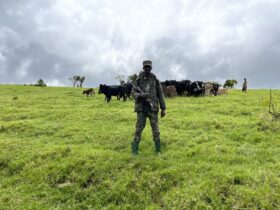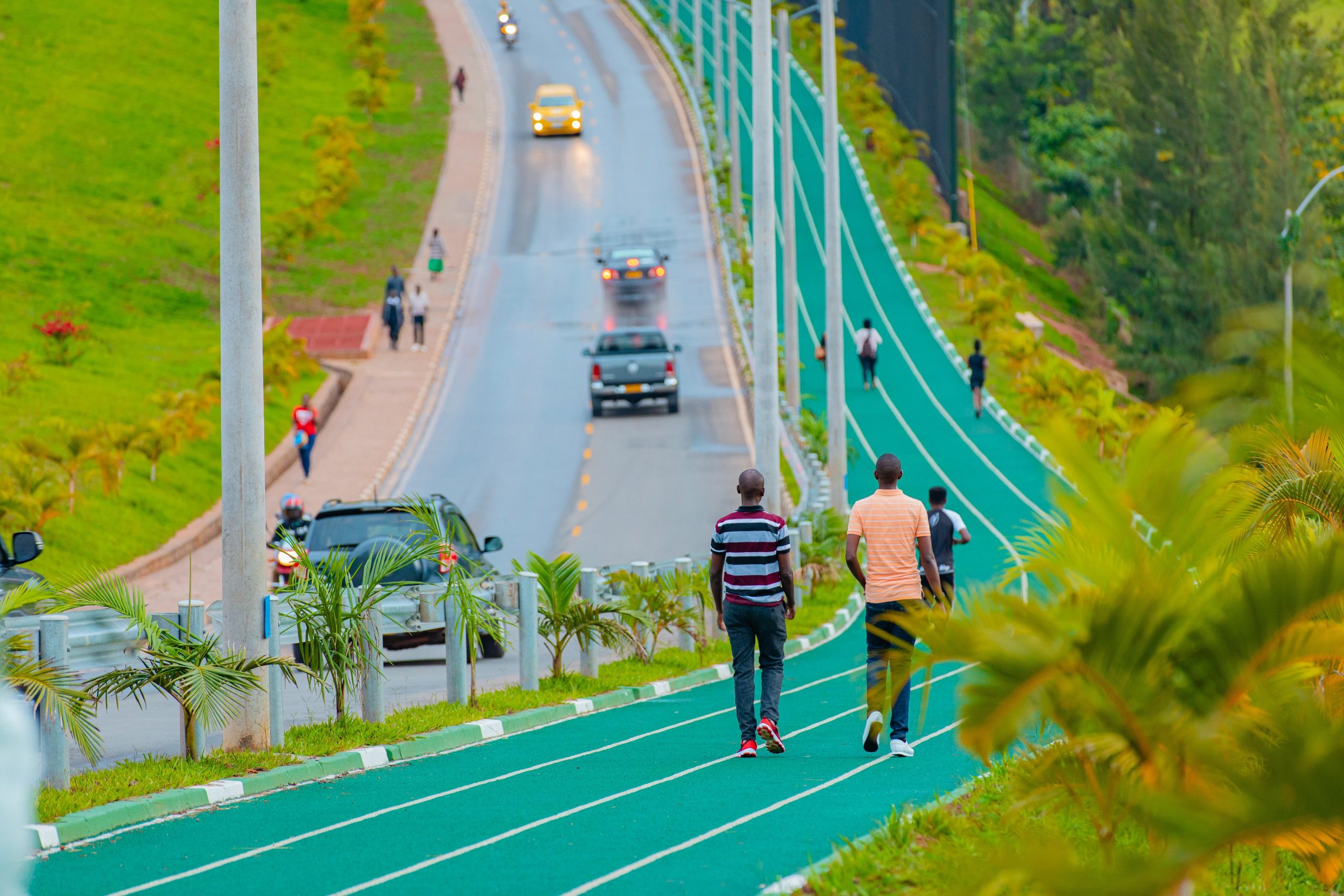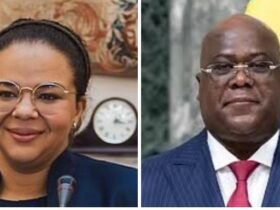 CNN published an article deploring the closure, during Ugandan elections of some social media sites; it said: ‘People were not able to update their profiles on Facebook…’
CNN published an article deploring the closure, during Ugandan elections of some social media sites; it said: ‘People were not able to update their profiles on Facebook…’
International law guarantees freedom of expression and access to information. Social media, such as Facebook, Twitter, Instagram, WhatsApp, etc. are a good medium of communication. However, International Law is silent on whether social media and some of these sites can’t be shut down.
Freedom of expression and access to information are not absolute rights. The law establishes how they may be limited:
Section 36 of the South African Constitution goes in further details:
- Limitation of rights: ‘The rights in the Bill of Rights may be limited only in terms of law of general application to the extent that the limitation is reasonable and justifiable in an open and democratic society based on human dignity, equality and freedom, taking into account all relevant factors, including—
- (a) the nature of the right;
- (b) the importance of the purpose of the limitation;
- (c) the nature and extent of the limitation;
- (d) the relation between the limitation and its purpose; and
- (e) less restrictive means to achieve the purpose.
Facebook is indeed an effective communication platform. But like the rest of the Internet, it is also a dumpster for misleading, incendiary and offensive content. Facebook was created and is controlled by a man called Mark Zukerberg, an American citizen, who would block your page if you posted material that he judges inappropriate.
As a human rights lawyer I should be advocating for more freedom and less control. Unfortunately I have lost the fight against control already: Miserably.
Everything is controlled. I could beat up my own government to keep its hands off our profiles – and I intend to, but that is just scratching the surface on the control machine that is out there: we are talking about tapping the telephones of Angela Merkel and Sarkozy, and planting a transmitter on the roof of the French statehouse to listen in on everything.
 So I hope I can advocate at least for stability and safety in my country and region during electoral processes – and that is what I am doing now by saying Uganda acted within the ambit of international law, by shutting down social media during its electoral process. I am saying this painfully as someone who aspires for more and more freedom.
So I hope I can advocate at least for stability and safety in my country and region during electoral processes – and that is what I am doing now by saying Uganda acted within the ambit of international law, by shutting down social media during its electoral process. I am saying this painfully as someone who aspires for more and more freedom.
For clarity, we have established that Facebook is not free: it is controlled by Mark Zuckerberg! In times of national certainty Ugandans let it run normally. In delicate times, like during elections, the regulator, in his wisdom, thought that it was not a healthy platform for Ugandans.
That is not ideal, and the regulator maybe pro-government, but that is another question.
People criticize government control and prefer ‘freedom’ and ‘democracy’: Fantastic! Now Facebook maybe not controlled by the Ugandan government, but it doesn’t mean it is not controlled.
Ugandans elect their leaders. Sometimes elections are cheated, but at least they have some leverage on Museveni; they have none on Mark Zuckerberg, whom by the way is not an angel; a benevolent man who sets up platforms for all of us to share love and good ideas. He is a businessman who represents interests of the United States of America.
What do Ugandans prefer? To have their communication controlled by Mark Zuckerberg or by Yoweri Kaguta Museveni? Because we have just established that every platform is controlled. Whether I agree with the decision to shut down social media or not, is irrelevant. This piece is about looking dispassionately at the issue from an international law perspective.
Now, Facebook and twitter aren’t allowed in China. The Chinese people have their own social media platforms. In fact Mark Zuckerberg wanted to give his child a Chinese name, and asked Xi Jiping to pick it. Xi said to him: I don’t mind calling your kid Chang or Wang, but don’t think I will open my country to your Facebook…
What we should understand is government control is bad, government that has lost control is worse!
Gadhafi was a bad man in many aspects; he had control. Today Libya is out of control, partly thanks to western media.
Internet platforms gather sufficient information on individuals such as you and me to estimate what kind of information they should feed us, what type of products we would be likely to consume and what type of world view they would like us to have. For instance, if you opened a Google page, at the exact same time as someone in Canada, you would have different interfaces.
A beautiful thing happened in Uganda when Facebook was shut down: Ugandans developed other encrypted applications to continue communicating and they did!
Yes we live in a globalized world, we are one village, etc. that’s all good. But for us to thrive in it, we have to 1: bring in our contribution; 2. Protect our authenticity and remain ourselves.
It is so sad, to see a Uganda’s ‘alternative’ politician, instead of advocating for new, more effective applications developed in Uganda, advocating for Facebook – the thing that came the other day – as a fundamental right of Ugandans.
Everyday I meet my people who are willing to die or kill for things; they have no idea where they came from, and why they are here.
Some of my people believe their countries and cultures have always been Muslim or Christian; I suggested to an African colleague once to boycott the pilgrimage to the Mecca until Saudi Arabia starts treating Ethiopian immigrants with some decency. He didn’t appreciate the suggestion
Last week some Rwandans criticized me for making mistakes in English grammar. Imagine me, Gatete, son of Mugabo, son of Nyiringabo, and so on, about to be crucified for not speaking proper English, praying five times a day – or, God forbid, forgetting to update my Facebook profile…














Leave a Reply